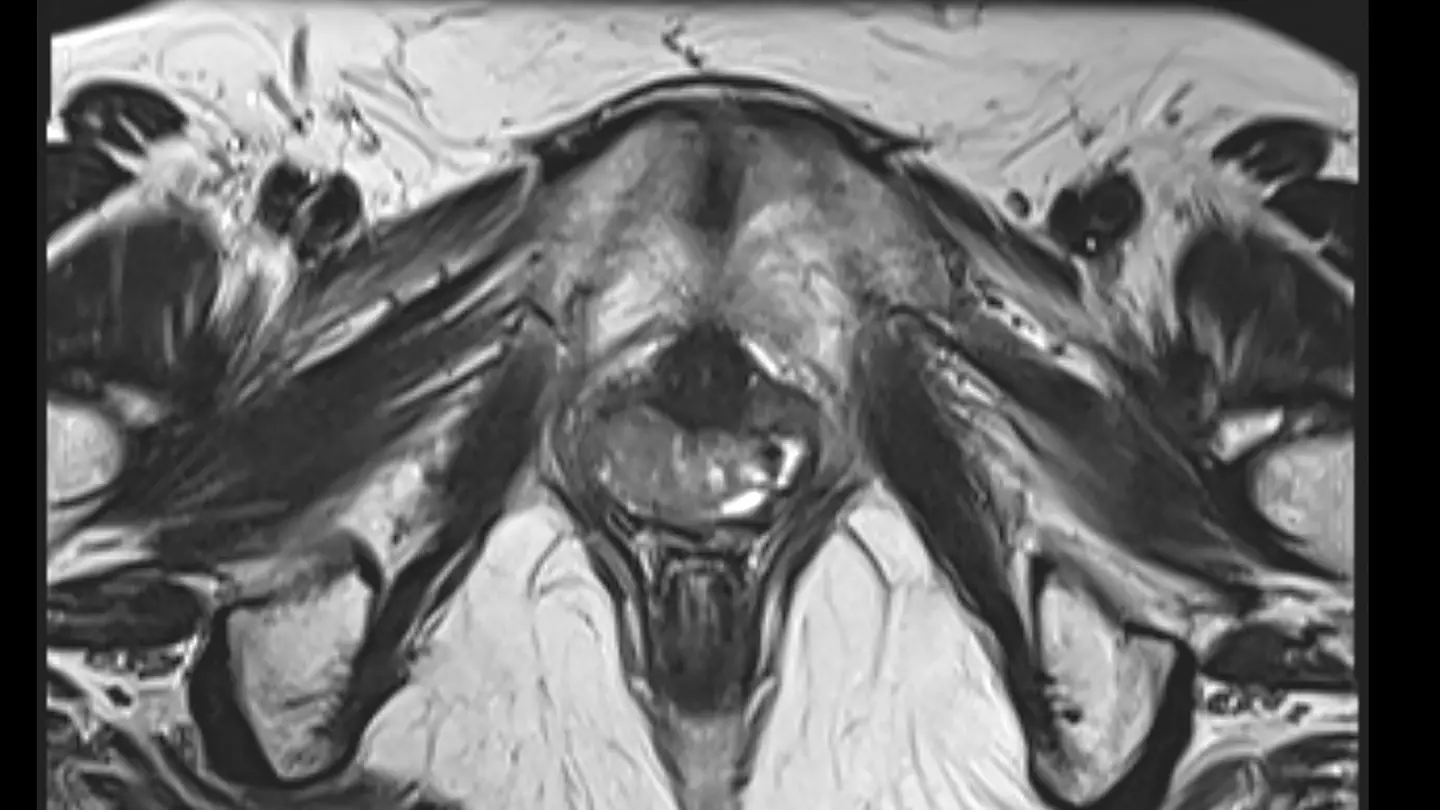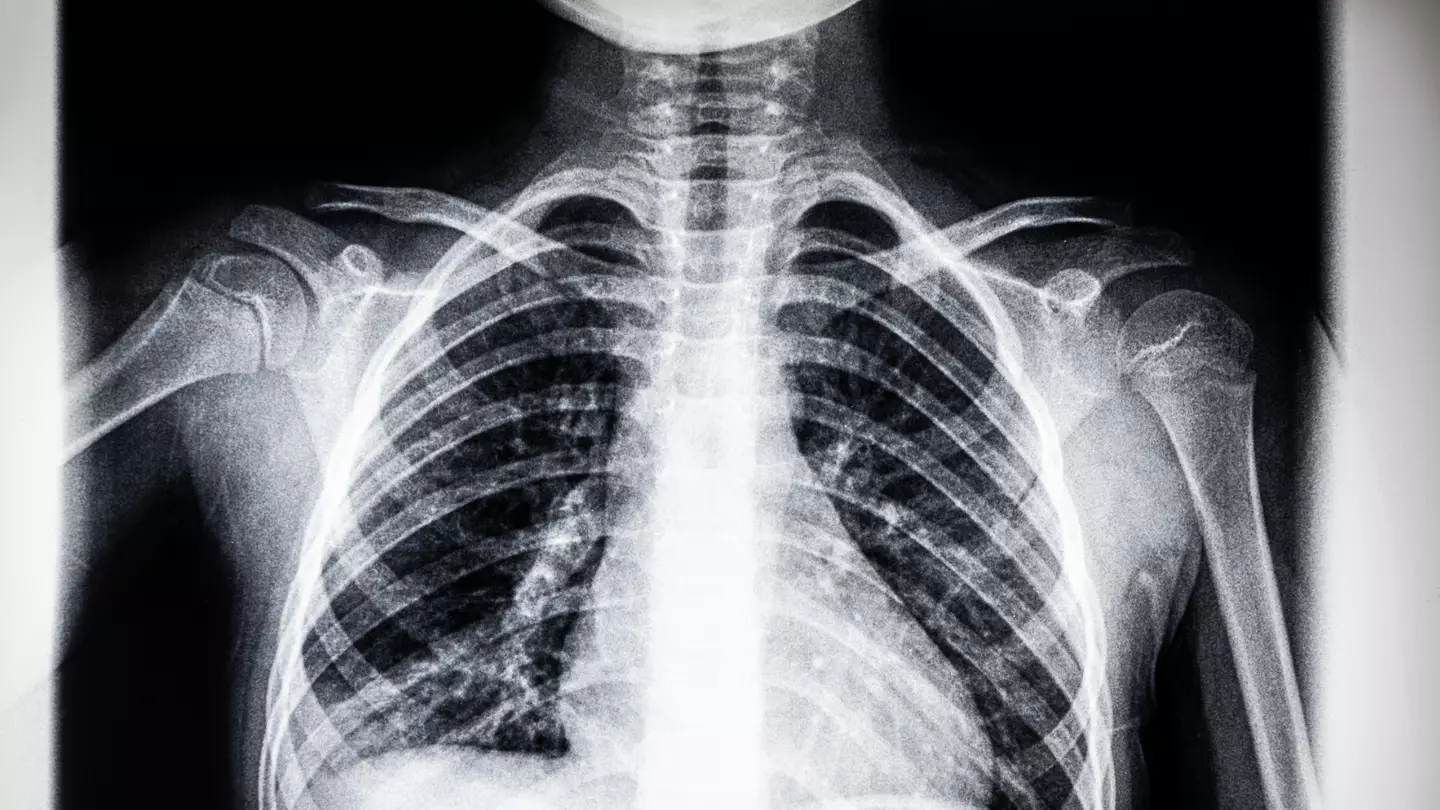
Life
The latest news, health, travel and lifestyle stories from around the world, all in one place.

The Democratic socialist kicked off the New Year by being sworn in as New York City mayor yesterday (1 December)

Nameberry experts believe parents are taking inspiration from surprising sources
.png)
Kevin became a term after the popularisation of this archetype of person

Hypnotherapist Nicolas Aujula revealed his insights for 2026
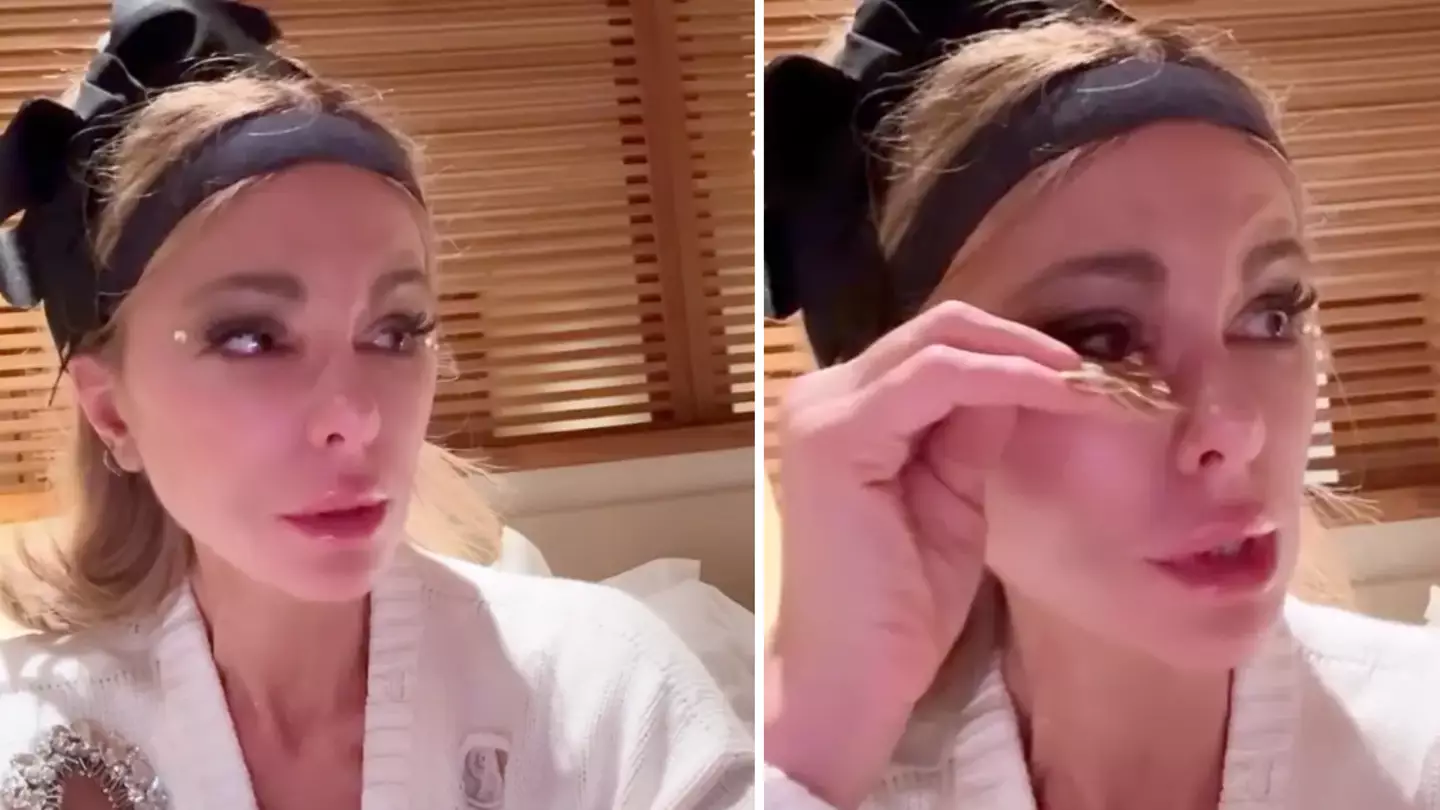
The 52-year-old actress reflected on her 'really hard year' following the loss of her mum in an emotional new Instagram video
.png)
Today is the day to start thinking about your future
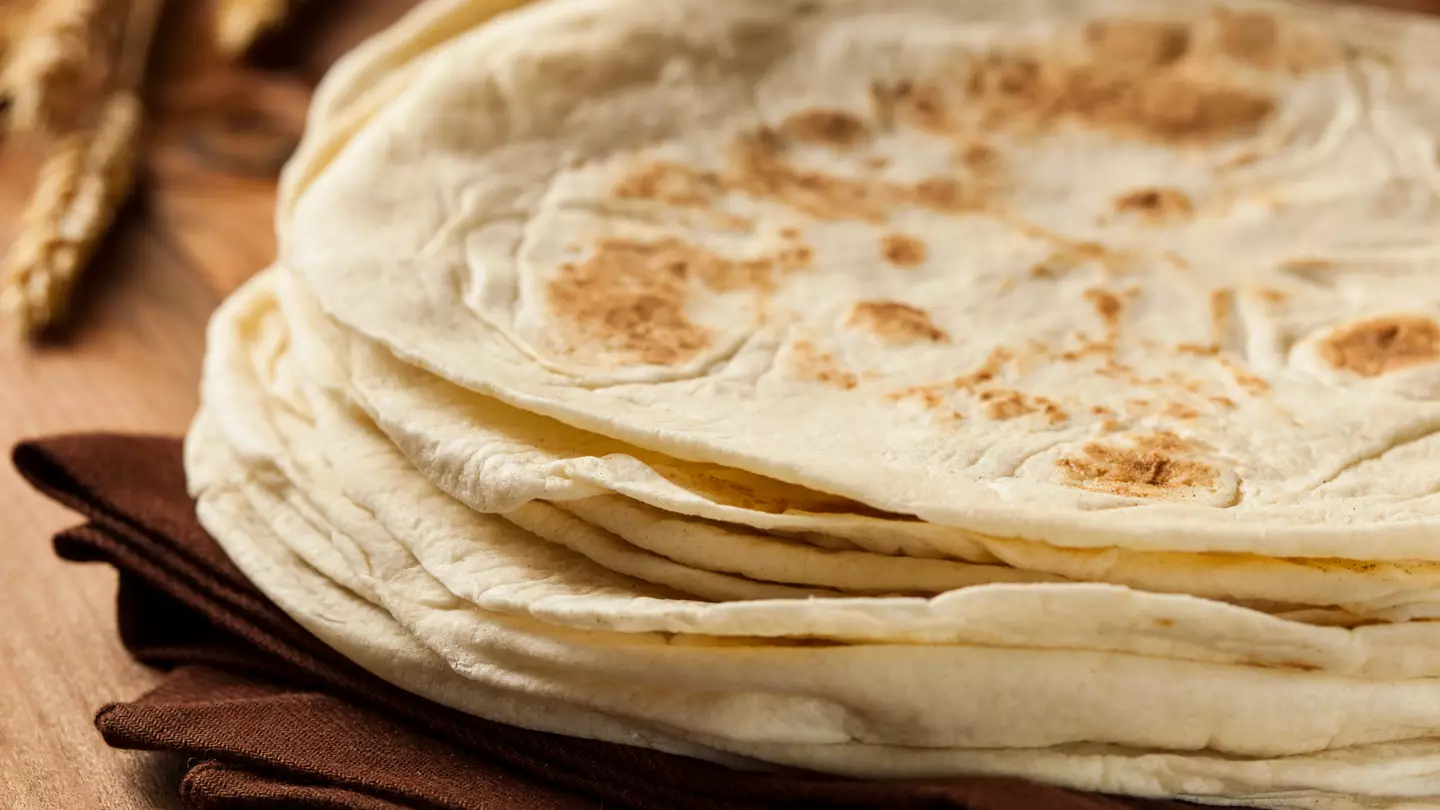
California Governor Gavin Newsom signed the bill in September 2024, but it has only just come into effect

'Post-holiday blues' are apparently pretty common
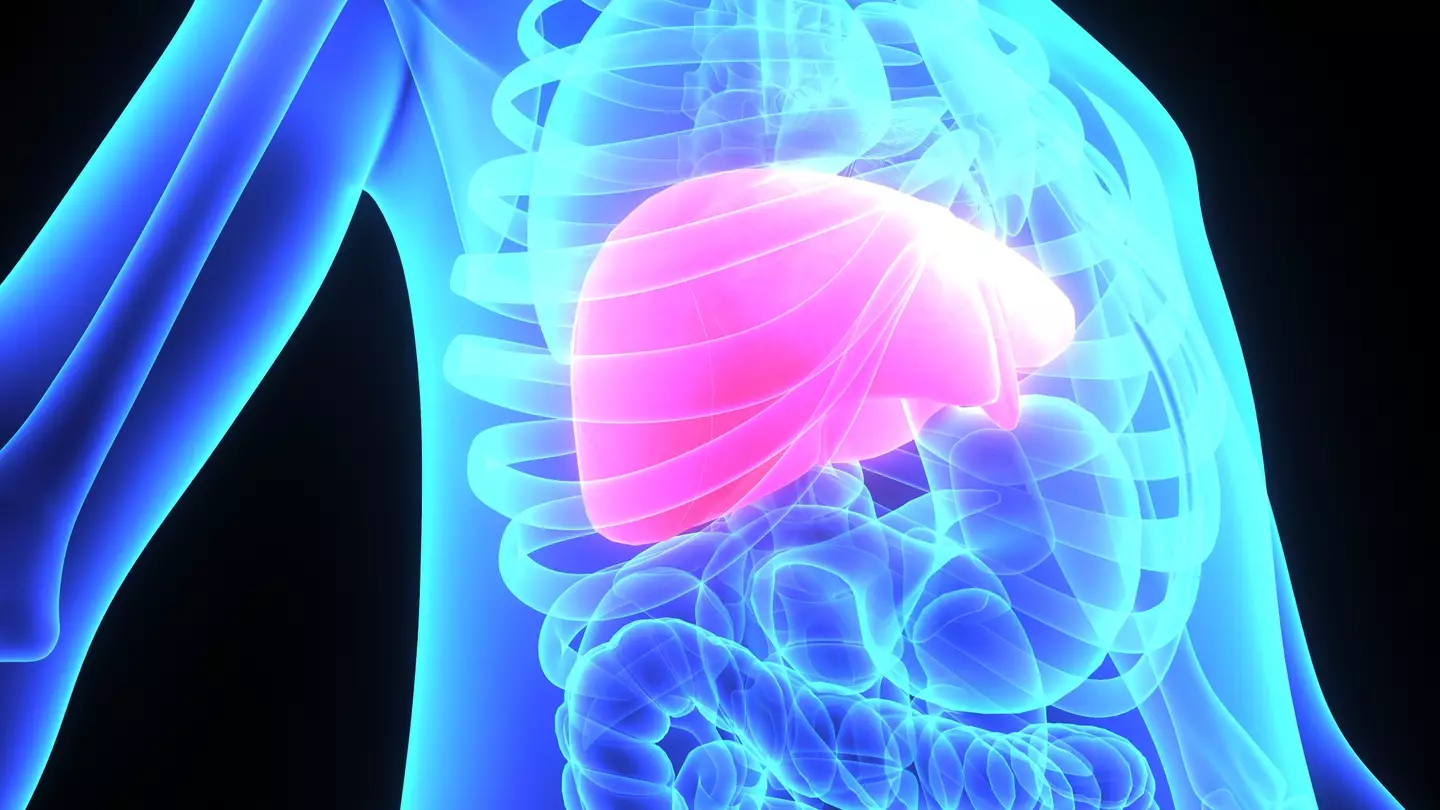
There are a whole bunch of health benefits when it comes to ditching the booze for 31 days

Planning to give Veganuary a go? Here are all the health changes you may notice

A number of experts have outlined the dangers of combining the two addictive substances

Claire Brosseau has battled manic depression, anxiety disorder, substance abuse disorder and chronic suicidal ideation since childhood

Parents have rushed in to praise the alarming yet informative post

New Year's Day 2026 is set to be a rare and special one - here's why
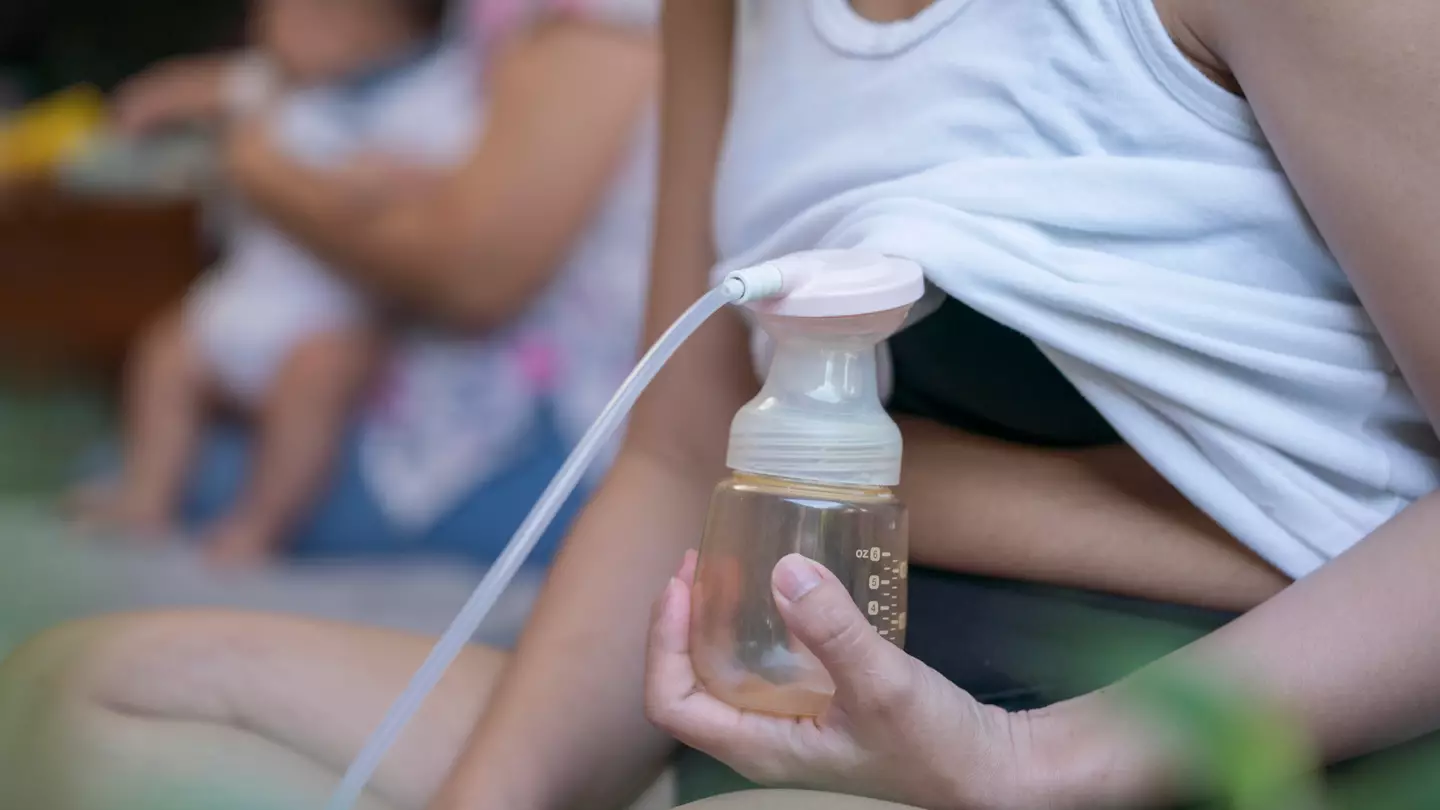
You may want to think twice before giving it a go...

Demographer and consultant Mark McCrindle described the introduction of 'Gen B' as the 'dawn of a new era'

Here are some of the famous faces who have been vocal about being associated with the Church of Scientology
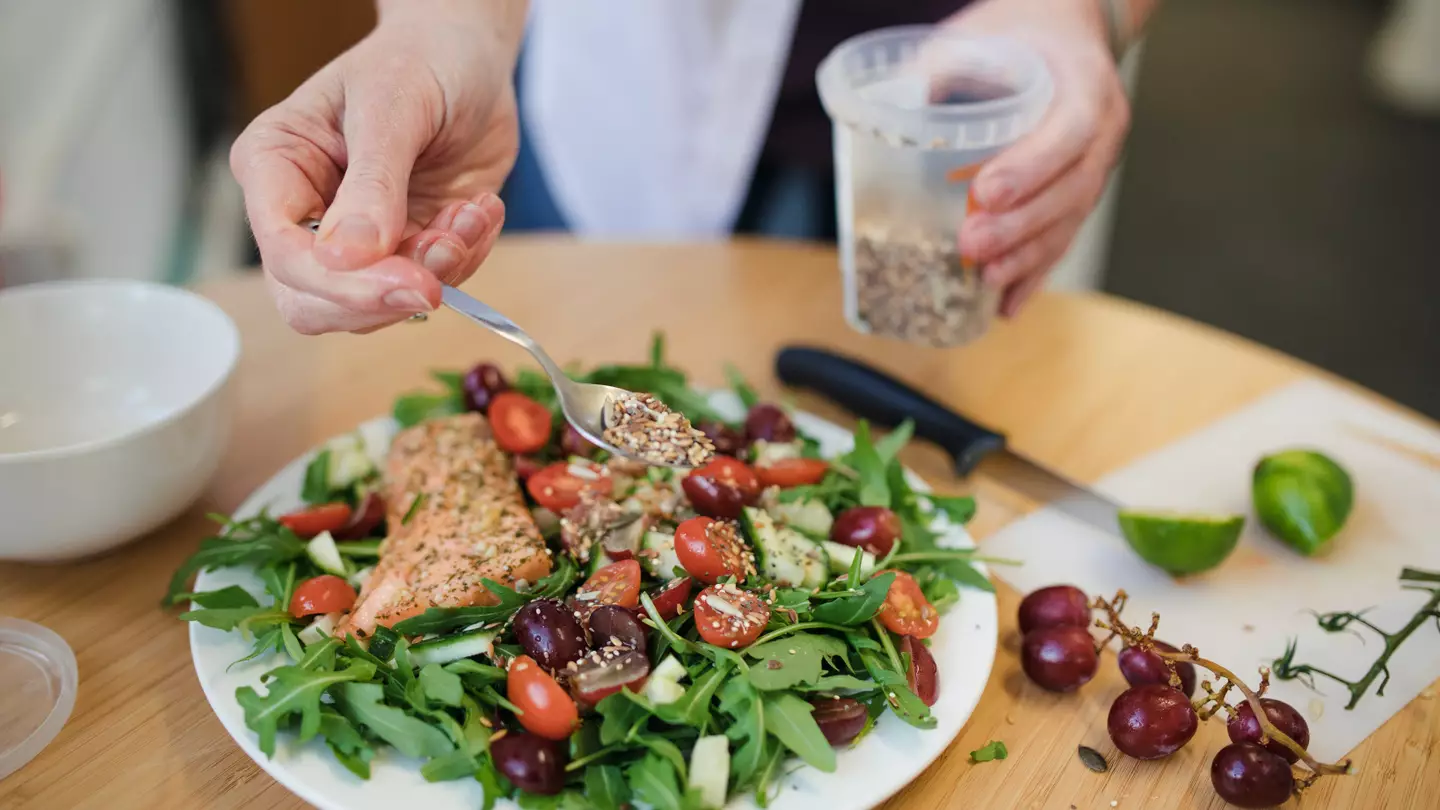
Experts have listed exactly what foods are included in the 'Mediterranean diet’s colder-climate cousin'

Psychic medium Jill M. Jackson has revealed her predictions for 2026 and it's not looking good

A relationship expert has shared her insights on the dating trend set to boom in 2026

Dr Stacia Woodcock said it can cause the 'blueberry muffin effect'

The DNA virus currently has no 'approved antiviral medicines or specific treatments'

People from the 1980s who were 30 looked like people who are 50 now, but what's the reason behind it?

If you experience this symptom, it's time to speak to your doctor
